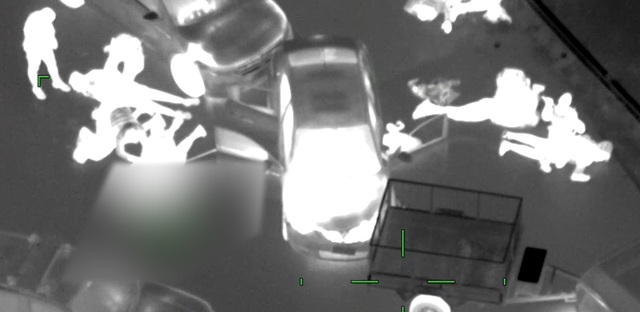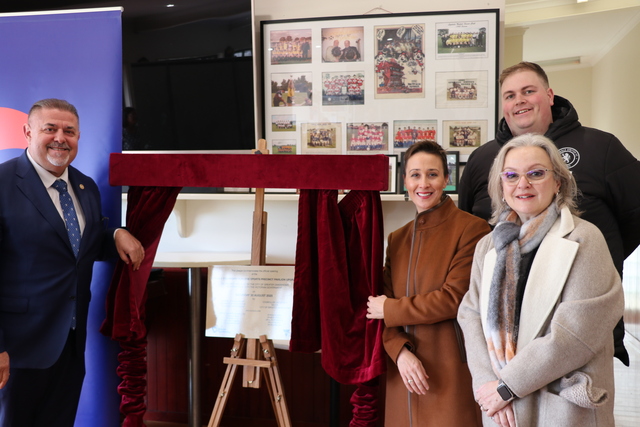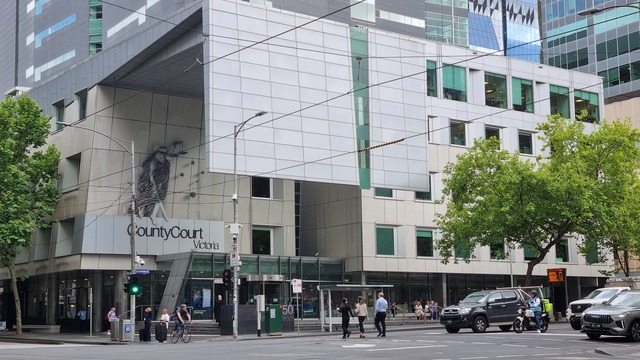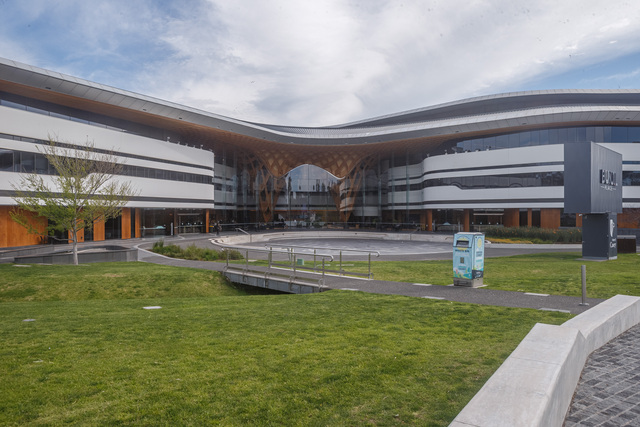By Shaun Inguanzo
THERE are many cultures in Greater Dandenong, but only one can attest to fitting 6.5 billion of its members into a tiny bottle.
The Yakult factory in Dandenong is the home to the famous probiotic drink of the same name.
The Dandenong factory makes up to 240,000 bottles of Yakult each day to supply the whole of Australia and New Zealand.
Unlike other food manufacturers, Yakult encourages visitors to its Monterey Road factory in a bid to educate the Australian population that drinking bacteria is good for it.
In its foyer is a colourful and fun assortment of many Yakult bottles from the large number of countries the drink is produced in worldwide.
The museum-like appearance is capped off by the Willy Wonka-style factory tour. The stand out feature is that Yakult has produced its own sealed-off tour halls with large glass windows, eliminating the need for tourists to wear safety gear.
Educational staff take groups of school students, and even university students, through its doors every day to show them how Yakult is made, and explain the science behind the drink.
The process behind Yakult is a fascinating one.
In the beginning, the factory mixes skim milk powder, glucose and sugar into large vats and later adds its patented Shirota strain of the lactobacillus bacteria.
The formula is then homogenised and mixed with a sugar syrup and citrus flavouring before being poured into 65ml bottles, sealed, and packaged in packs of five or 10 bottles.
Yakult dietitian Fiona Morrison said the mixture was kept chilled to ensure the bacteria laid dormant, until it was consumed and returned to active state at human body temperature of 37 degrees celsius.
In the body, the bacteria takes over the intestinal environment from bad bacteria, restoring calm and, in theory, eliminating some bowel-related problems.
But Ms Morrison said that even though Yakult was the leader in the Australian probiotics market, less than 1 per cent of Australians drank Yakult.
Adding to the market pressure is a budget brand probiotic that is manufactured in Korea and distributed in Australia under various supermarket budget brand labels.
The budget brand contains a different strain of the lactobacillus bacteria, she said, as opposed to the patented Shirota strain.
Ms Morrison said Yakult had done the hard yards to convince Australians to drink bacteria, but now the competition was trying to ride its wave of success.
But despite the challenges, Ms Morrison said Yakult was continually, and openly, educating Australians where possible on the benefit of its probiotics.
In Japan, where the drink was founded in the 1930s, 90 per cent of Japanese drink a probiotic product, and 75 per cent of them drink Yakult.
So popular is the product that Yakult even makes a hand cream containing the lactobacillus bacteria.
In Australia, a ‘light’ version with less sugar is produced. Ms Morrison said the taste was identical to the original, except it used the Splenda artificial sweetener as a substitute for most of the sugar.
To arrange a tour, contact Yakult on 9238 4722.
Step inside the guts of Yakult
Digital Editions
-
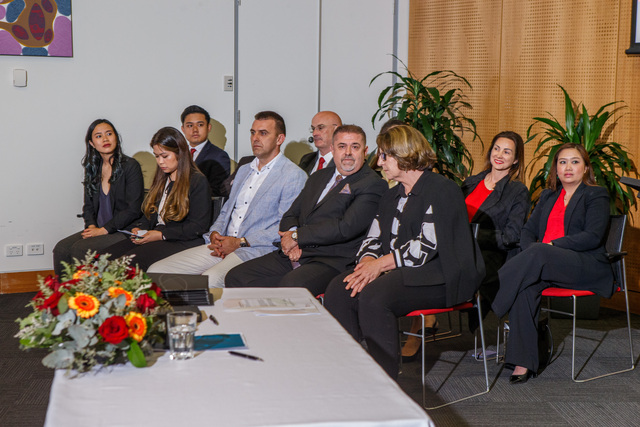
Antisemitism forum labelled a ‘political junket’
Purchase this photo from Pic Store: 442319 The Jewish Council of Australia has praised Greater Dandenong and Casey councillors for declining invites to an antisemitism…


